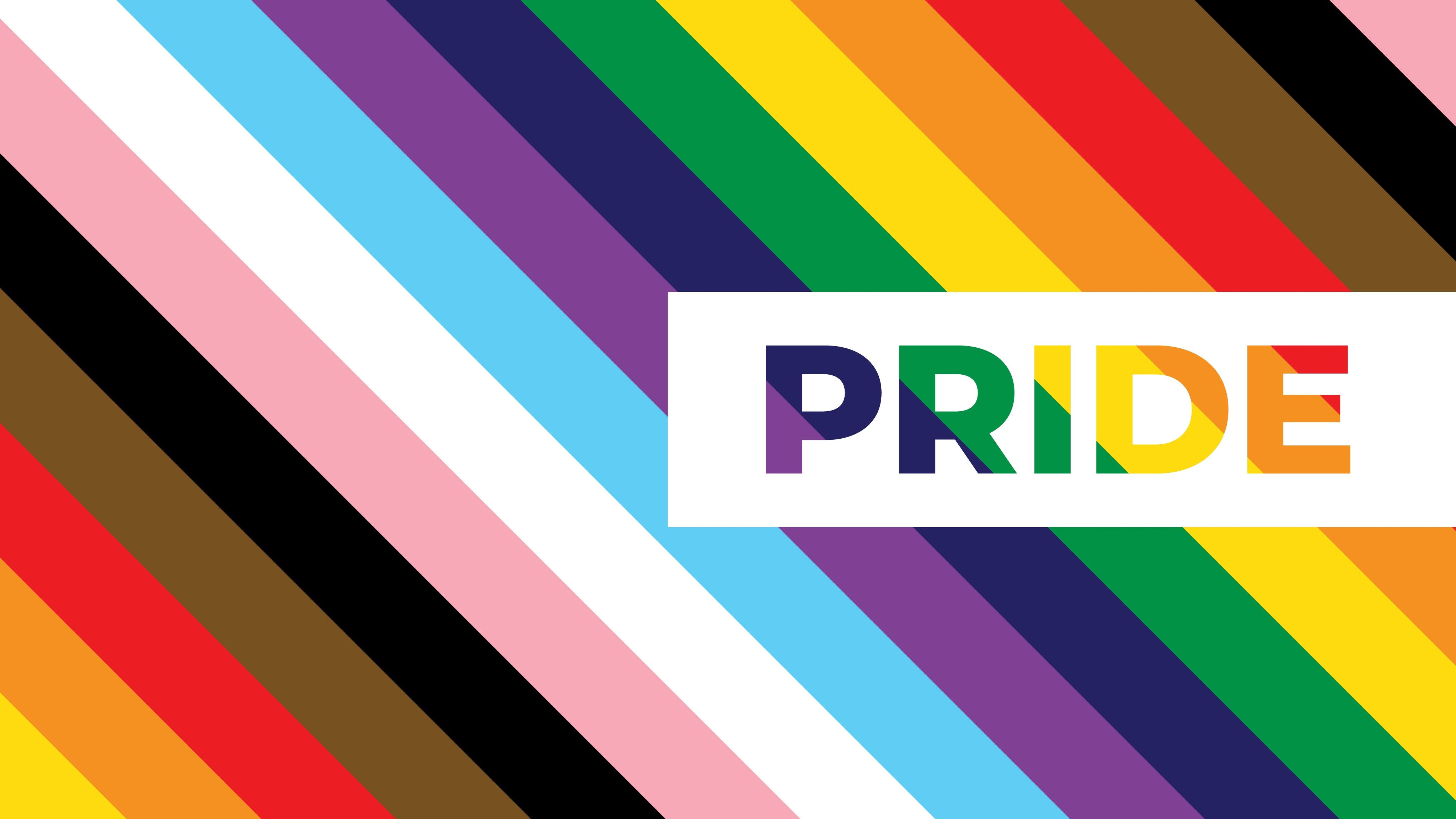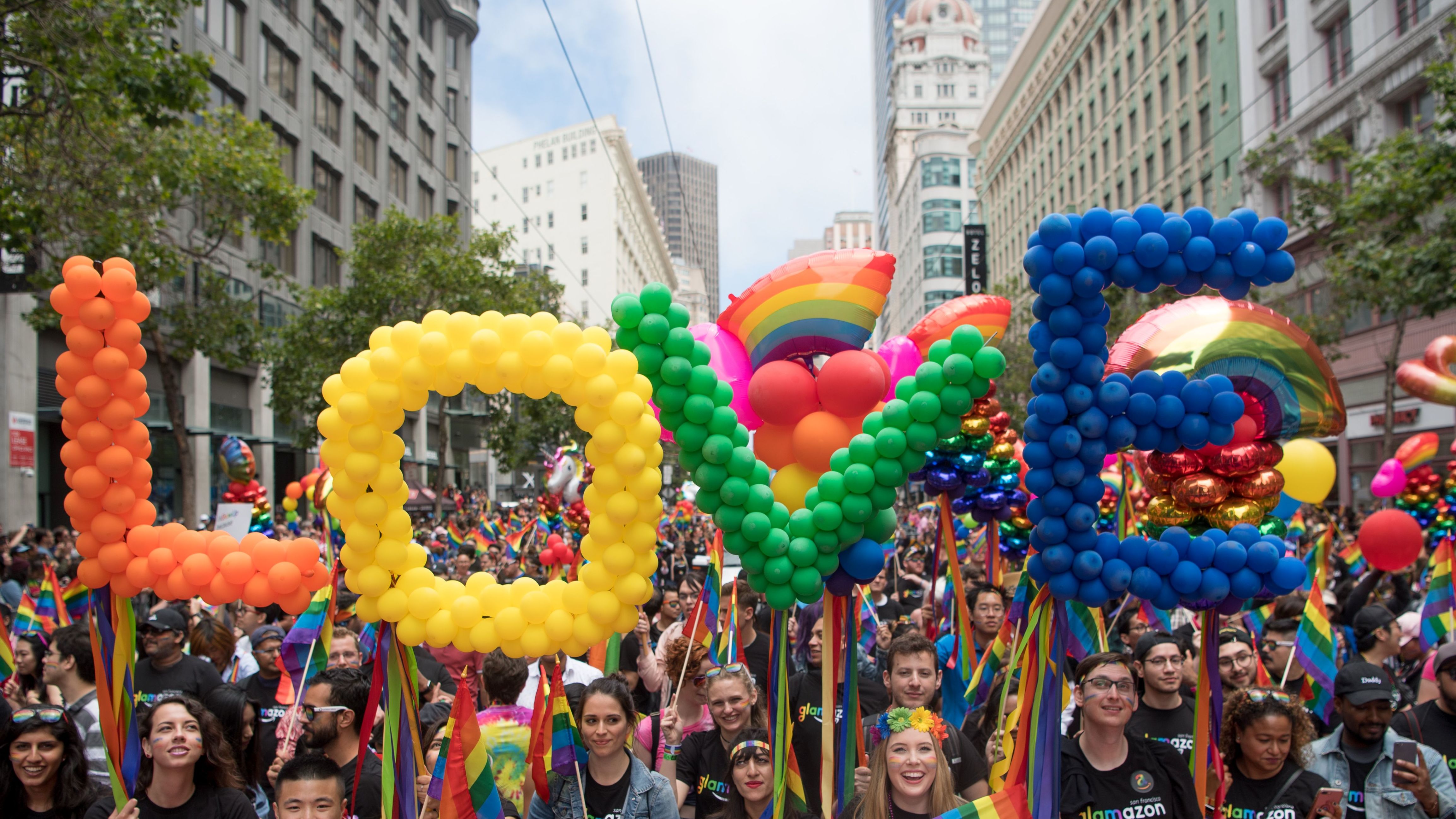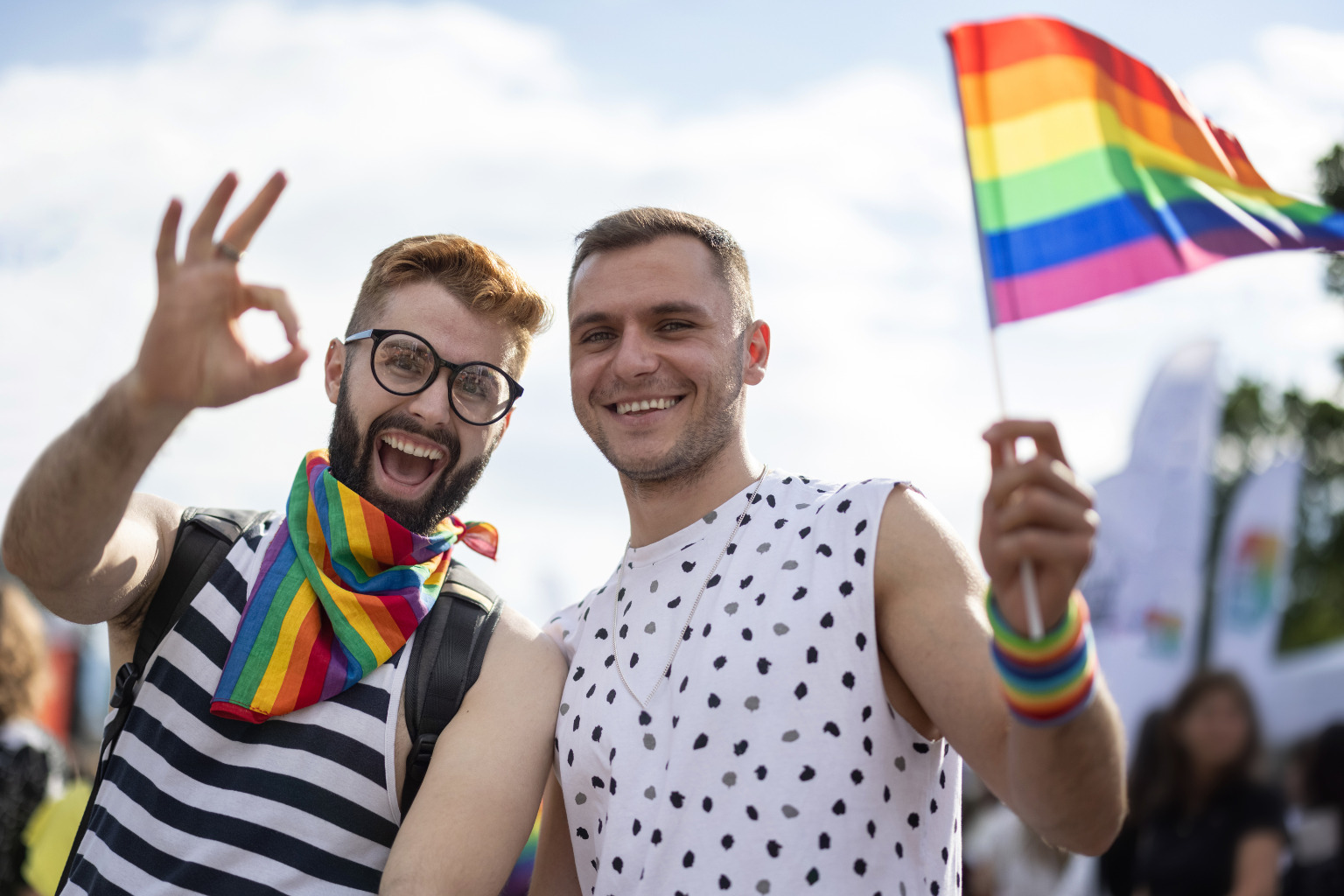Exploring The Depths Of **Pride Kendrick Lamar Lyrics**
Kendrick Lamar's "Pride" offers listeners a profound look into the human condition, a lyrical journey that asks big questions about self, trust, and the pursuit of something better. This song, off his critically acclaimed 2017 album DAMN., really, truly digs into what it means to be human in a world that often feels quite broken. It's a piece of music that, you know, makes you think deeply about the forces that shape us, and it certainly resonates with many people who find themselves grappling with similar feelings.
The lyrics of "Pride" are, in a way, like a mirror, reflecting our own struggles with ego and our longing for connection. Kendrick Lamar, through his powerful storytelling, explores how personal pride can sometimes be a barrier, even a destructive force, in our lives. He considers the idea of perfection and the disappointment that often comes when reality doesn't quite measure up to our ideals. It's a very honest portrayal, actually.
So, this article will take a close look at the intricate layers within "Pride kendrick lamar lyrics," exploring the profound messages about love, trust, and the sometimes heavy weight of self-perception. We will, too, consider the broader cultural significance of the word "pride," examining its different meanings and how they resonate in our world today, especially during moments like Pride Month. This journey through the song's words and its wider implications aims to offer a fresh perspective on a truly impactful piece of art.
- Best Shampoo And Conditioner
- Bbq Chicken Urban Dictionary
- Passion Fruit In Spanish
- Lia Engel Leaks
- 1 0 6 And Park
Table of Contents
- Kendrick Lamar: A Brief Artist Profile
- Unpacking "Pride": A Look at Kendrick Lamar's Lyrics
- "Pride" in the Broader Context of DAMN.
- The Shifting Meaning of "Pride": From Sin to Celebration
- Connecting Kendrick's "Pride" to Universal Human Experiences
- Frequently Asked Questions About Kendrick Lamar's "Pride"
Kendrick Lamar: A Brief Artist Profile
Kendrick Lamar is, you know, a very influential artist whose work often explores complex themes of identity, society, and faith. His music is known for its deep lyrical content and storytelling. The song "Pride" comes from his 2017 album, DAMN., which, actually, received widespread acclaim for its artistic vision and powerful messages. He is, in a way, considered one of the most important voices in music today.
Personal Details and Bio Data
| Attribute | Detail |
|---|---|
| Artist Name | Kendrick Lamar |
| Notable Album | DAMN. (2017) |
| Featured Song | "Pride" |
Unpacking "Pride": A Look at Kendrick Lamar's Lyrics
The lyrics of "Pride" offer, you know, a very intricate tapestry of thoughts and feelings. Kendrick Lamar uses his words to paint a picture of internal conflict, a battle between self-love and self-destruction, which is, in some respects, a common human experience. The song's narrative unfolds with a raw honesty that, really, compels listeners to look inward, too. It’s a very personal reflection that manages to feel universal, you know.
The Core Message: Love, Pride, and Imperfection
One of the central ideas in "Pride" is the difficult relationship between love and, well, personal ego. The opening line, delivered by Bēkon, sets a stark tone: "Love's gonna get you killed but pride's gonna be the death of you and you and me and you and you and." This line, actually, suggests that while love can be dangerous, a kind of destructive self-importance can be even more fatal, not just for one person, but for everyone around them. It's a powerful statement, showing how a strong sense of self-importance can, perhaps, isolate us and lead to our downfall. The song, too, explores how this feeling of superiority often comes from deep-seated insecurities and the inequalities we see in the world, making it a truly layered exploration.
- Aime Leon Dore Hat
- Salvage Hunters Tee
- La Boo Boo Doll
- Taco Bell Steakhouse Burrito
- Nba 2k25 Locker Codes
Kendrick, you know, also touches on the elusive nature of perfection. He sings, "See, in a perfect world, i would be perfect, world i don't trust people enough beyond they surface." This line, in a way, reveals a longing for an ideal state, a place where one could be flawless and, perhaps, fully trusting. But then, there's the immediate recognition that such a world, or such a self, doesn't quite exist. This contrast, between the desired perfect self and the imperfect reality, is a key tension in the song. It highlights the constant struggle to measure up, a feeling many of us, actually, experience.
Trust, Faith, and the Human Condition
The theme of trust, or the lack of it, is very present in the lyrics. "World i don't trust people enough beyond they surface," Kendrick says, which, really, speaks to a deep skepticism about outward appearances and superficial interactions. This sentiment suggests a weariness with the way things are, a feeling that true connection is hard to find. It’s a reflection on how we, you know, often keep our guard up, hesitant to show our true selves or believe in others fully. This reluctance to trust, in a way, shapes our interactions and our perception of the world around us.
Despite this distrust, there's a glimmer of hope, a reliance on something more fundamental. Kendrick expresses, "world i don't love people enough to put my faith in man i put my faith in these lyrics, hoping I make amend." Here, he, you know, places his belief not in other people, but in his art, in the very words he crafts. This act of putting faith in his lyrics, hoping they can somehow fix things, shows a commitment to his craft as a means of personal growth and, perhaps, even reconciliation. It’s a very vulnerable admission, showing how art can be a powerful outlet for processing complex emotions and seeking understanding, too.
The Weight of Perfection in an Imperfect World
The song, really, grapples with the idea that a "perfect world" is, in fact, an illusion, a place often "filled with lies." Kendrick observes, "Sick venom in men and women overcome with pride a perfect world is never perfect, only filled with lies promises are broken and more resentment come alive." This passage, you know, paints a grim picture of how human flaws, particularly an inflated sense of self, can corrupt even the best intentions. It shows how the pursuit of an impossible ideal can lead to disappointment and bitterness, which, you know, just keeps building up. The world, in this view, is a place where promises often fall apart, leaving behind a trail of hurt feelings and anger, too.
He, you know, also touches on societal divisions, noting how "race barriers make inferior of you and i." This line, actually, points to the systemic issues that create inequality and make it difficult for people to connect on an equal footing. In a world where such barriers exist, the idea of a perfect society, or even a perfect individual, seems quite distant. Yet, amidst this critique, there's a yearning for something better, a different path. Kendrick states, "See, in a perfect world, i'll choose faith," suggesting that even in the face of widespread imperfection, choosing belief over cynicism might be a way forward, a very important choice, actually.
Raw Emotion and Poetic Delivery
The lyrics in "Pride" are, you know, full of raw, unfiltered emotion. Lines like "My feelings might go numb, you're dealing with cold thumb, I'm willing to give up a leg and arm" convey a sense of profound struggle and, actually, a willingness to sacrifice. This imagery, of feelings going numb and a "cold thumb," suggests a detachment, a coping mechanism, perhaps, in the face of overwhelming emotional pain. The willingness to "give up a leg and arm" speaks to the depth of commitment, or perhaps, the desperation, felt by the speaker. It’s a very visceral way of expressing intense inner turmoil, making the listener really feel the weight of these emotions.
The song's delivery, too, with Kendrick Lamar and Anna Wise, adds another layer to its emotional impact. The line, "it wasn't all to share, but there in another life, i surely was there it," hints at past experiences, perhaps, regrets or moments of presence that weren't fully appreciated at the time. This introspection, this looking back at what was and what could have been, gives the song a reflective quality. It’s a powerful exploration of memory and the enduring presence of past moments in our present lives, showing how our histories, you know, shape who we are today.
"Pride" in the Broader Context of DAMN.
Kendrick Lamar's "Pride," as a song from his 2017 album DAMN., fits into a larger narrative that explores complex themes of spirituality, morality, and the artist's place in the world. The album, you know, is structured in a way that sometimes feels like a battle between good and evil, or perhaps, different facets of the self. "Pride," in this context, acts as a moment of introspection, a pause where Kendrick questions his own motivations and the nature of his existence. It’s a piece that, actually, contributes to the album's overarching exploration of what it means to be "DAMNED" or "BLESSED," and how those labels can shift depending on one's perspective.
The song, you know, also serves as a counterpoint to other tracks on the album that might express more aggression or confidence. Here, there's a vulnerability, a questioning that adds depth to the album's character. It shows a different side of the artist, one that is grappling with internal struggles rather than external conflicts. This makes "Pride" a very important piece of the puzzle, offering a moment of quiet reflection amidst the album's more intense moments. It really, truly, rounds out the emotional landscape of DAMN., giving listeners a more complete picture of the artist's mind, too.
The Shifting Meaning of "Pride": From Sin to Celebration
The word "pride" itself, you know, has undergone quite a transformation over time, moving from a concept often associated with one of the seven deadly sins in Roman Catholic theology to, actually, becoming a powerful symbol of strength and empowerment for the LGBTQ+ community. This evolution in meaning is, in a way, quite remarkable and shows how language can adapt to reflect changing societal values and struggles. It’s a fascinating journey for a single word, really, highlighting its versatility and its ability to carry vastly different weights depending on the context. This shift, you know, is something we should definitely consider.
Historical Roots of LGBTQ+ Pride
Pride Month, which is, you know, observed annually in June, celebrates the lesbian, gay, bisexual, transgender, and queer (LGBTQ+) community. This month, actually, commemorates the 1969 Stonewall Uprising in Manhattan, a series of gay liberation protests that, really, marked a turning point for the gay liberation movement in the United States. The Stonewall Riots were, in a way, a powerful act of resistance against oppression and discrimination, sparking a movement that continues to advocate for equality and acceptance. It’s a very important moment in history, as a matter of fact, that continues to inspire.
June 1 marks the start of this celebration, kicking off a time to honor LGBTQ+ history, culture, and resilience. The first Pride parade, you know, took place in New York City, tracing its roots back to those pivotal 1969 events. The rainbow flag, too, created by Gilbert Baker, became a global symbol for LGBTQ+ strength and empowerment, representing the diversity and vibrancy of the community. These events and symbols, you know, are powerful reminders of the journey towards a more inclusive world, and they show how collective strength can really bring about change.
"Pride" as a Symbol of Strength and Community
Pride Month is, actually, a vibrant and inclusive celebration that honors the LGBTQ+ community, their history, achievements, and ongoing struggle for equality. This annual event, you know, serves as a powerful reminder of the importance of acceptance, diversity, and love. It brings together individuals, organizations, and communities to advocate for LGBTQ+ rights and celebrate the progress made towards a more just society. It's a time for visibility, for affirmation, and for solidarity, too.
The word "pride," in this context, embodies a feeling that is the opposite of shame or inferiority. It’s a feeling of self-worth, of dignity, and of belonging. It challenges the historical narrative that sought to diminish or marginalize LGBTQ+ individuals. The shift in the word's meaning, from a "deadly sin" to a global symbol of empowerment, is, you know, a testament to the resilience and courage of a community fighting for its place in the world. It’s a very powerful reclaiming of a word, showing how meaning can be transformed through collective action and, actually, a shared sense of identity.
Connecting Kendrick's "Pride" to Universal Human Experiences
While Kendrick Lamar's "Pride" explores the often destructive nature of personal ego and the search for perfection, the broader concept of "pride" as a celebration of identity and resilience also, you know, touches on universal human experiences. Both meanings, in a way, speak to the human desire for acceptance, for self-worth, and for a place in the world. Kendrick's lyrics delve into the internal battles we face with our own sense of self-importance and our struggle to trust others, which is, you know, a very common feeling.
The song's themes of insecurity, inequality, and the longing for a "perfect world" resonate with anyone who has felt marginalized or misunderstood. This, you know, connects to the spirit of Pride Month, where a community celebrates its identity in the face of historical and ongoing prejudice. The journey from feeling "inferior" due to "race barriers," as Kendrick mentions, to finding strength in collective identity, is, in some respects, a parallel to the LGBTQ+ community's journey towards self-affirmation and public celebration. It shows how the human spirit, you know, seeks to overcome adversity and find joy, no matter the challenges.
Ultimately, both interpretations of "pride" prompt us to consider our values, our relationships, and our place in society. Kendrick's song asks us to examine the pitfalls of excessive self-regard, while Pride Month encourages us to embrace who we are and celebrate the diversity that makes our world rich. These are, you know, two sides of a very important human coin, reminding us that understanding ourselves and others is a continuous, vital process. To learn more about Kendrick Lamar's lyrical genius on our site, and for a deeper look into the cultural impact of his music, you might want to explore this page , too.
Frequently Asked Questions About Kendrick Lamar's "Pride"
What is the main message of Kendrick Lamar's "Pride"?
The song "Pride" explores, you know, the complex relationship between love and personal ego, suggesting that an inflated sense of self can be destructive. It also, actually, delves into themes of imperfection, distrust in others, and the struggle to find authenticity in a world that often feels quite flawed. It’s a very introspective look at human nature, too.
How does "Pride" fit into the album DAMN.?
"Pride" serves as a moment of deep introspection within DAMN., an album known for its exploration of spirituality and morality. It, actually, offers a vulnerable perspective on Kendrick's internal struggles, balancing the album's more assertive tracks. It’s a key piece that, you know, adds to the album's narrative about redemption and self-discovery.
What is the significance of the line "Love's gonna get you killed but pride's gonna be the death of you"?
This line, you know, highlights a central tension in the song, suggesting that while love can be risky, an overwhelming sense of self-importance is, perhaps, even more dangerous. It implies that ego can lead to self-destruction and harm to others, making it a very powerful opening statement about the consequences of unchecked pride. It's a thought-provoking idea, really.
For more insights into Kendrick Lamar's profound lyrical work, you can check out the full lyrics of "Pride" on Genius, a very comprehensive source for song meanings and interpretations.
- Lia Engel Leaks
- Shu Jiao Fu Zhou
- Moose For Step Up
- Jayshree Gaikwad Web Series
- Victoria Secret Credit Card

Pride Month Wallpapers - LGBTQ+ Backgrounds

Pride - SheerinDrimit

Why we still need Pride in 2023 – Inclusive Employers